I, Micah
I wander among waking dreams of digital lifeworlds and the unevenness of the future. I like doing things in sporadic bursts of energy - art, poetry, code-bashing, and writing as making practices. I think about media culture, science communication, and infrastructural resilience.
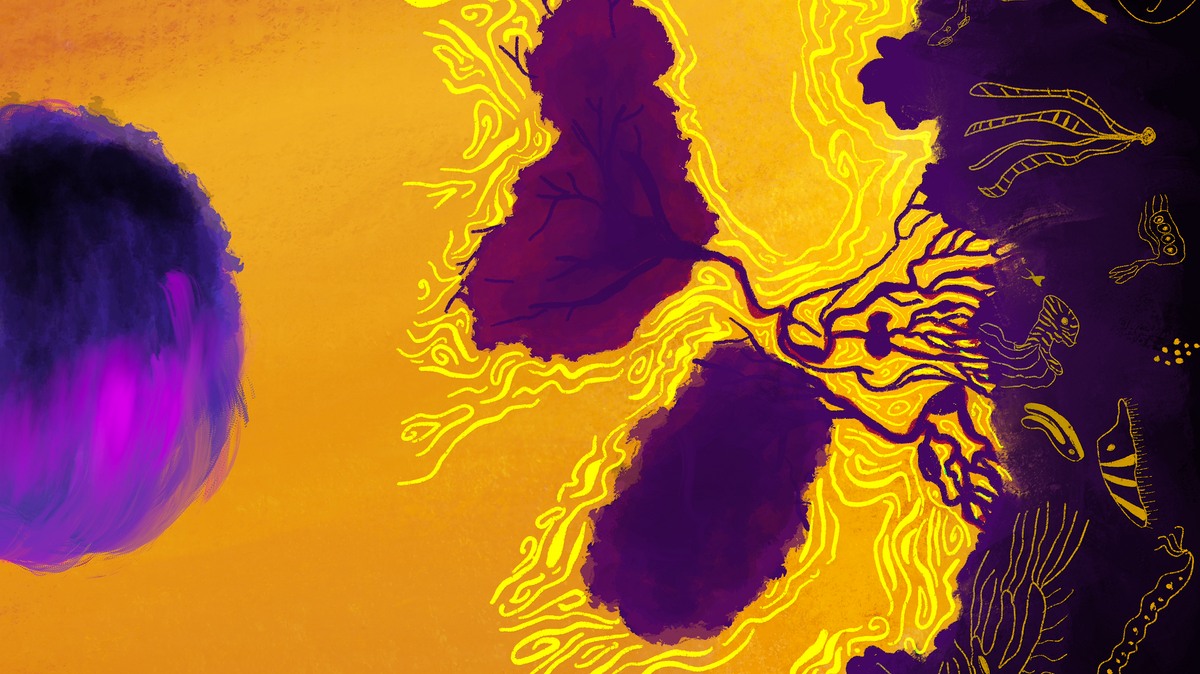
Hello, I'm Micah and I find my interests lie somewhere between community technology, archives, collective strengthening, and participatory design. Most recently I've been exploring ideas about redundancy in low-resource environments that support subversive behavior, and finding ways technology can serve communities when conventional infrastructures fail them.
I can try to trace some of these ideas and the people and places that brought me here. I helped design audio-visual publishing, archiving and annotating platforms for people with low literacy. The Papad Project by Janastu enables rural communities to record, segment, and share audio stories without relying on text. This wasn't just about providing technology – it was about creating systems that recognize different ways of knowing and communicating. This had me thinking about archiving without institutions.
I also worked on the Enable India Lived Experience Knowledge Archive with Design Beku, which bought the knowledge of workers in the disability employment sector to the front. Bringing attention to these workers' intricate knowledge of navigating broken systems, building morale and forming coalitions necessitated a co-designed metadata schema and a more accessible way to directly interact with and learn from the archive. Through doing this we can make technology be a tool for care, for collecting and distributing knowledge, and for strengthening communities, rather than being an extractive force.
Some of the other work that I was witness to when working with Janastu and Design Beku was the art and labour of building Community Networks. In places where phone companies don't go we had the opportunity to build community-owned networks while hoping to create a local co-operative of network workers to maintain and provide services on and for the community network. The possibility of these networks started to shine not just from the technology, but from the social infrastructure we attempted to build around them: workshops on media literacy; training on network maintenance; and collaborative decision-making processes. We explored archiving and annotating as a vibrant knowledge production tool to create collaborations and build voices and reinterpretations outside of a system that privileges only certain kinds of knowledge.
Below are some of my other pieces following similar trains of thought:
- Mapping Migratory Routes of Pastoralists across India with Janastu. We collated and visualized migratory routes of pastoralists across India, integrating data to map seasonal movements and community pathways.
- Community Networks Stories: Experiences from Co-creating a Local Knowledge Network with the Association for Progressive Communication. This article shares insights on co-creating a local knowledge network to support digital infrastructure in communities.
- Technofutures from Bidar with Compost Digital. Explores setting up a community mesh network to foster a local creative economy through archival and annotation practices.
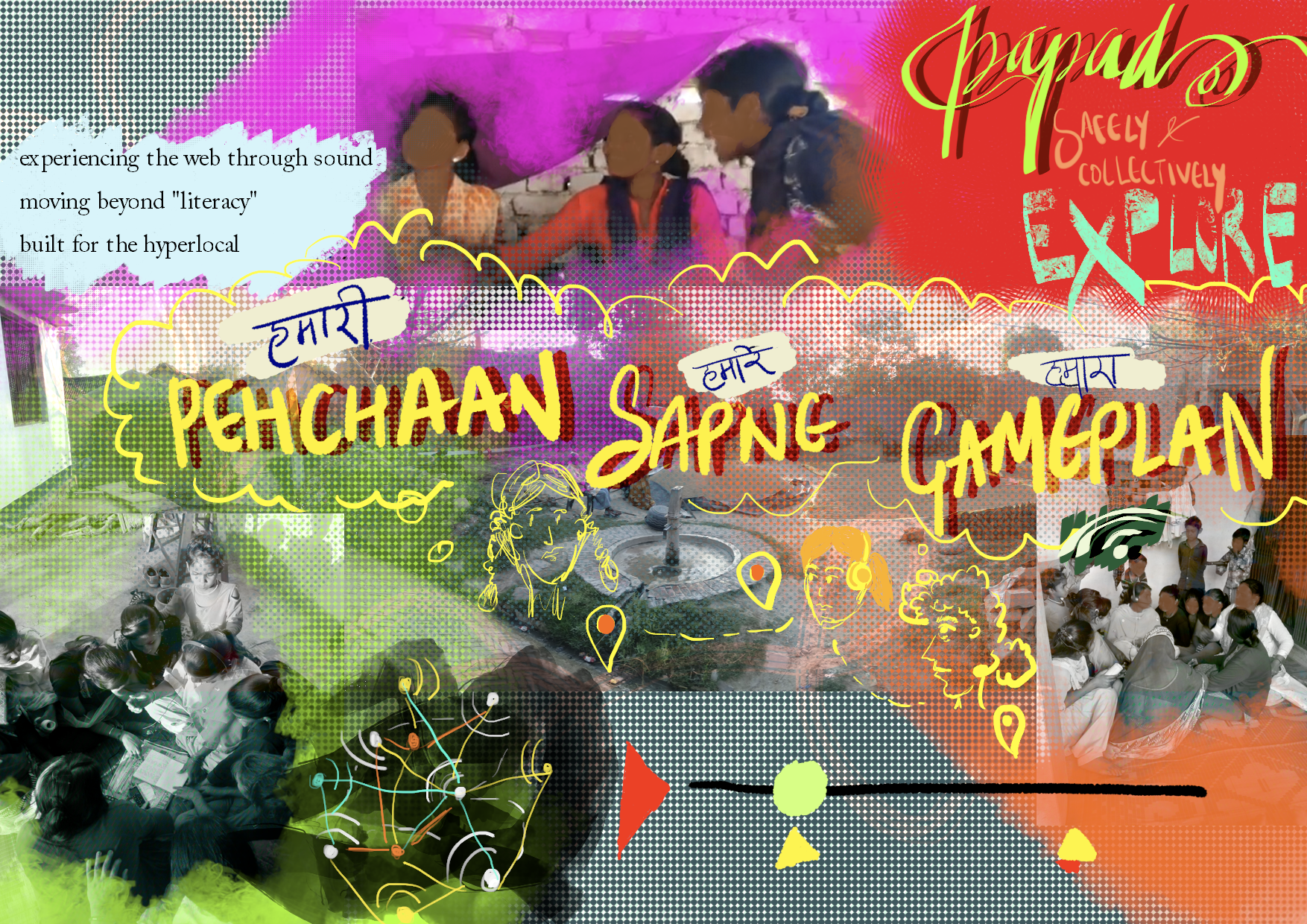
Through this new blog, I want to think through developing technological practices rooted in care, justice, and collective ownership. I think the most innovative tech work often happens at the margins, in communities finding creative ways to meet their needs with limited resources, and want to bring this work into the light. I also want to take a look at current digital phenomenon to present possibilites for our communities to create resilient spaces.
Do you have a community? How do you use technology to build a sense of togetherness through a common utility?

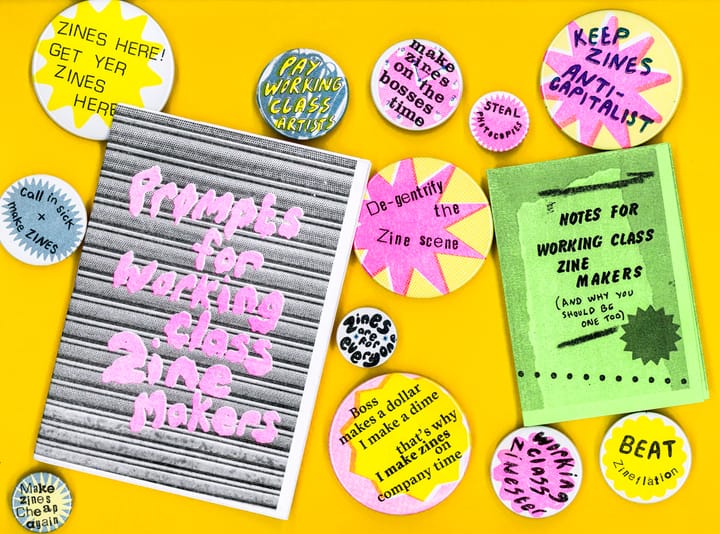
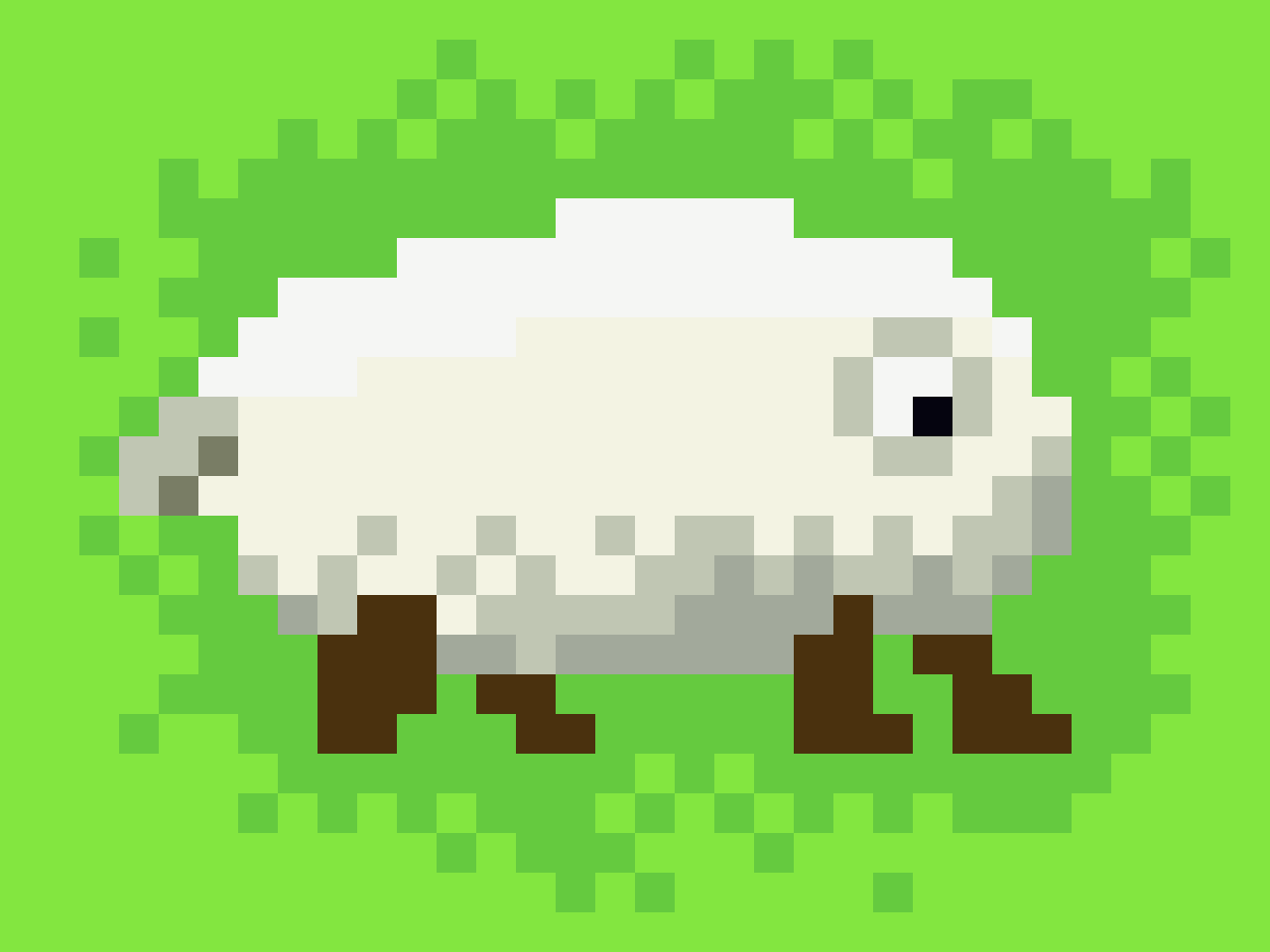
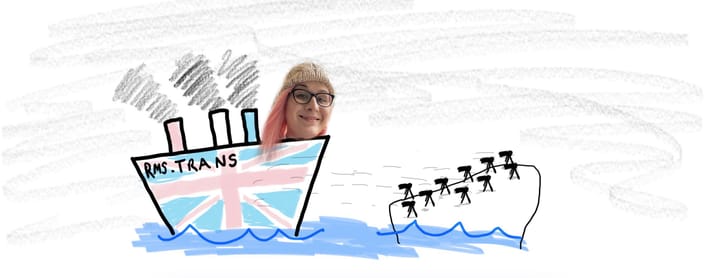
Comments ()